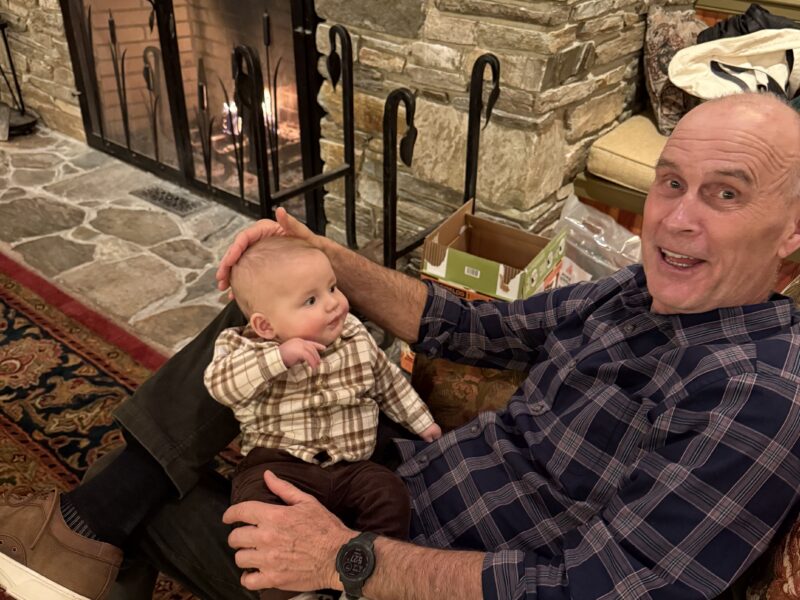Heading off to a lake in northern Maine with the fam, I’m excited to dig into Madeline Levine’s new book, The Price of Privilege: How Parental Pressure and Material Advantage Are Creating a Generation of Disconnected and Unhappy Kids.
Before I even get a chance to crack the book, I am encouraged by the fact that her 8/4 article in the New York Times (“Raising Successful Children”) is currently enjoying a steady run as that paper’s “most emailed” article. (Check it out at: www.nytimes.com/2012/08/05/opinion/sunday/raising-successful-children.)
In the NY Times article, Levine talks about a parental “sweet spot” at the intersection of expectation and letting go. She comes as close to identifying that spot as I’ve read.
Here are four quotes that hit my sweet spot:
On why we should praise effort more than smarts:
“This may seem counterintuitive, but praising children’s talents and abilities seems to rattle their confidence. Tackling more difficult puzzles carries the risk of losing one’s status as ‘smart’ and deprives kids of the thrill of choosing to work simply for its own sake, regardless of outcomes.”
On the foibles of pursuing the goal of happiness:
“So if children are able to live with mistakes and even failing, why does it drive us crazy? So many parents have said to me, “I can’t stand to see my child unhappy.” If you can’t stand to see your child unhappy, you are in the wrong business.”
On parental boundaries:
“While doing things for your child unnecessarily or prematurely can reduce motivation and increase dependency, it is the inability to maintain parental boundaries that most damages child development. When we do things for our children out of our own needs rather than theirs, it forces them to circumvent the most critical task of childhood: to develop a robust sense of self.”
On why parents need to focus on themselves:
“Parents also have to make sure their own lives are fulfilling. There is no parent more vulnerable to the excesses of overparenting than an unhappy parent.”
Here’s to hoping for heated debate and discussion,
Onward, Malcolm Gauld

